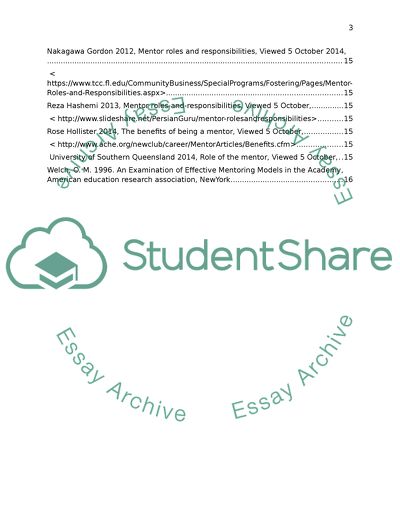Cite this document
(“Mentoring in Practice Essay Example | Topics and Well Written Essays - 2500 words”, n.d.)
Mentoring in Practice Essay Example | Topics and Well Written Essays - 2500 words. Retrieved from https://studentshare.org/nursing/1659417-mentoring-in-practice
Mentoring in Practice Essay Example | Topics and Well Written Essays - 2500 words. Retrieved from https://studentshare.org/nursing/1659417-mentoring-in-practice
(Mentoring in Practice Essay Example | Topics and Well Written Essays - 2500 Words)
Mentoring in Practice Essay Example | Topics and Well Written Essays - 2500 Words. https://studentshare.org/nursing/1659417-mentoring-in-practice.
Mentoring in Practice Essay Example | Topics and Well Written Essays - 2500 Words. https://studentshare.org/nursing/1659417-mentoring-in-practice.
“Mentoring in Practice Essay Example | Topics and Well Written Essays - 2500 Words”, n.d. https://studentshare.org/nursing/1659417-mentoring-in-practice.


